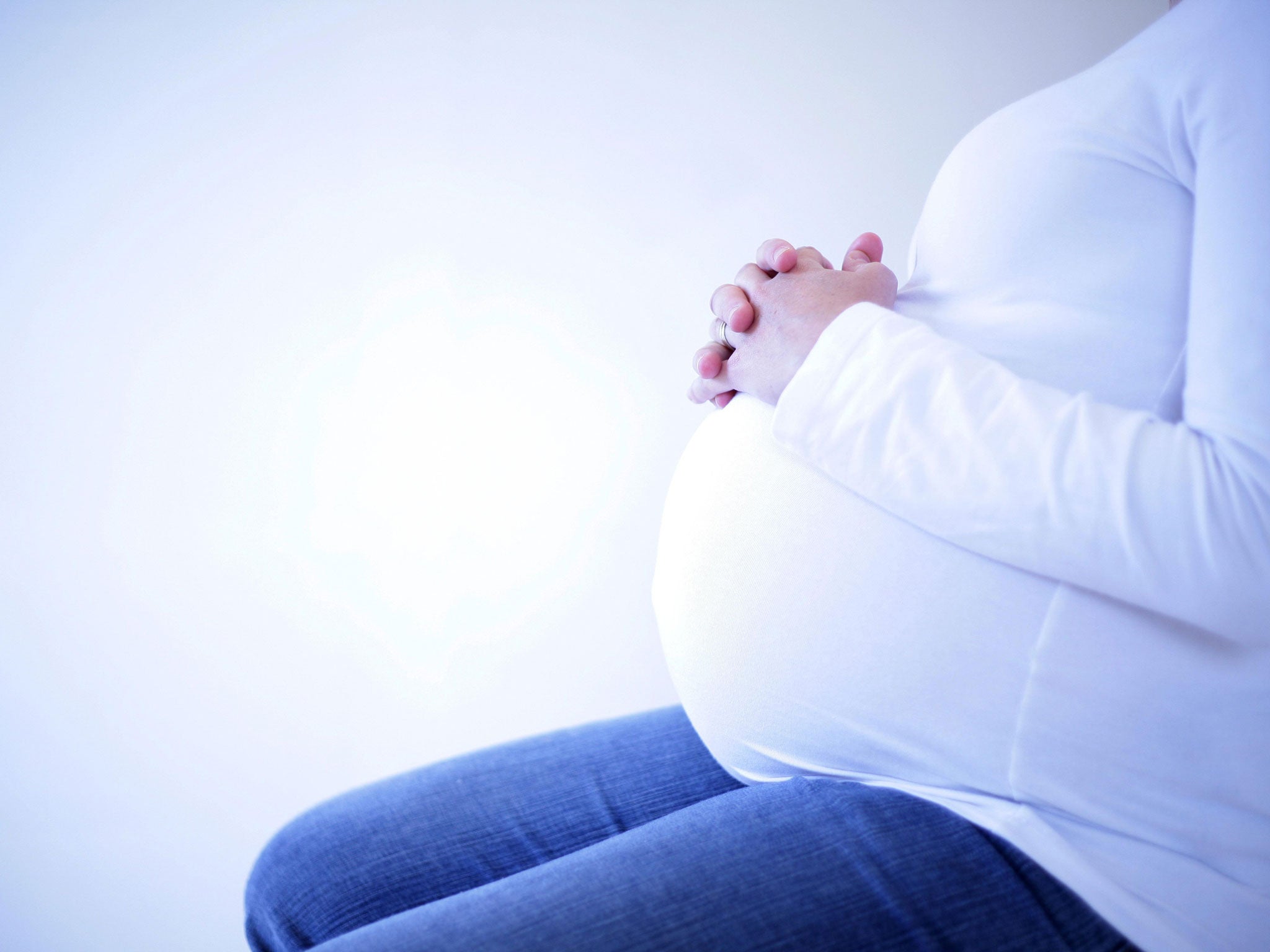Having children can permanently affect the female brain, studies claim
Research says surge in female sex hormones can influence the nervous system

Having children can permanently affect the brain of women because the surge in female sex hormones during pregnancy can influence the development of key parts of the central nervous system, a series of studies has shown.
The findings suggest that childbirth can affect the female brain, but they could also shed light on the controversy over whether hormone replacement therapy in menopausal women affects the risk of developing Alzheimer’s disease in later life, scientists said.
The research looked at two of the oestrogen hormones used to treat the symptoms of menopausal women and found that they could have a complex effect depending on the age of the women and whether or not they had previously given birth.
Although the work was mostly carried out on laboratory rats, the scientists said that the findings are more widely applicable to humans because the same hormones and brain cells are involved.
The scientists found that the surge in oestrogen hormones during pregnancy, where levels can soar to several hundred times normal levels, can alter “neuroplasticity” or the re-growth of nerve cells in a part of the brain called the hippocampus, which is responsible for aspects of memory and spatial awareness.
“Our most recent research show that previous motherhood alters cognition and neuroplasticity in response to hormone therapy, demonstrating that motherhood permanently alters the brain,” said Liisa Galea of the University of British Columbia in Vancouver, Canada.
“Hormones have a profound impact on our mind. Pregnancy and motherhood are life-changing events resulting in marked alterations in the psychology and physiology of women,” Dr Galea said.
“Our results argue that these factors should be taken into account when treating brain disorders in women,” she told the Canadian Association for Neuroscience.
The most potent form of oestrogen hormone, called oestradiol, boosted the production of new cells in the hippocampus and appeared to increase the chances of these nerve cells surviving in the longer term, Dr Galea said.
The scientists also found that chronic, long-term exposure to oestradiol also boosted the memory of young female rats tested on how escape from a maze. However, this was not the case when the rats were given a different oestrogen hormone called oestrone, a component of the most common forms of hormone replacement therapy.
This at least was the effect when oestrone was given to middle-age female rats that had already experience motherhood – the oestrone appeared to impair the ability to learn and memorise.
Health news
Men who ejaculate often 'less likely to have prostate cancer'
Scientists find cause of condition that turns off pain sensors
Life-saving future drug 'could repair damage of heart attacks'
However, when it was given to female rats of the same age that had not previously given birth, the hormone therapy based on oestrone improved learning and memory as well as boosting neuroplasticity in the hippocampus – suggesting that prior pregnancy had affected the brain permanently.
As oestrone is a component of some of the most common forms of hormone replacement therapy, these findings could have implications for the treatment of age-related neurodegenerative disorders in women, the researchers said.
Dr Galea said that the findings suggest a possible explanation for some of the observations seen in the human female population which have been linked with pregnancy and childbirth, as well as hormone replacement therapy for menopausal women.
“If you have given birth before, you have a better memory but experience an increased risk of developing Alzheimer’s like conditions. But we don’t know much about why this is the case,” Dr Galea told The Independent.
During pregnancy women often report feeling as if they have a poorer memory, but two years after childbirth their memories improve, although it tends to decline faster in middle-age compared to women who have not given birth, she said.
“The more children you have given birth to, the greater risk you face of getting dementia in later life. More children are probably enriching, but they are also probably more stressful,” Dr Galea said.
Join our commenting forum
Join thought-provoking conversations, follow other Independent readers and see their replies
Comments
Bookmark popover
Removed from bookmarks